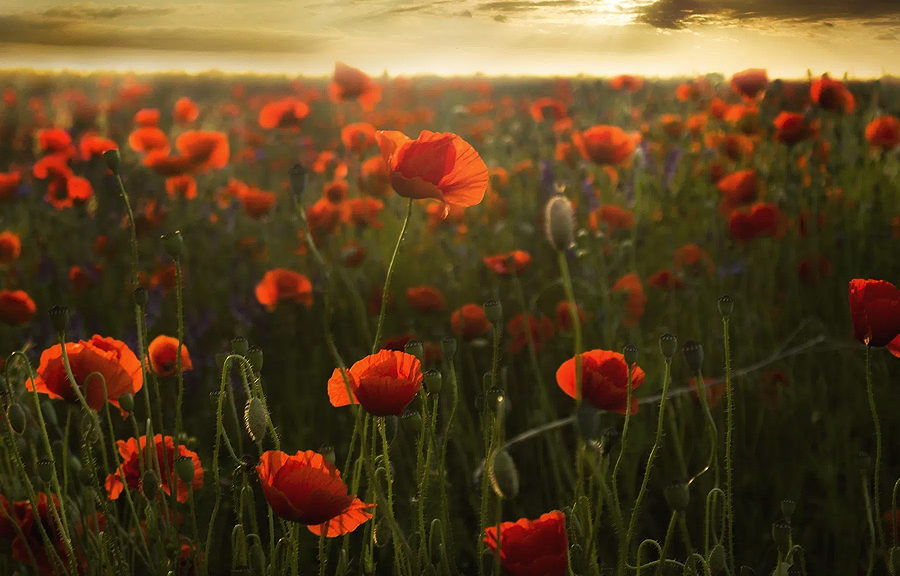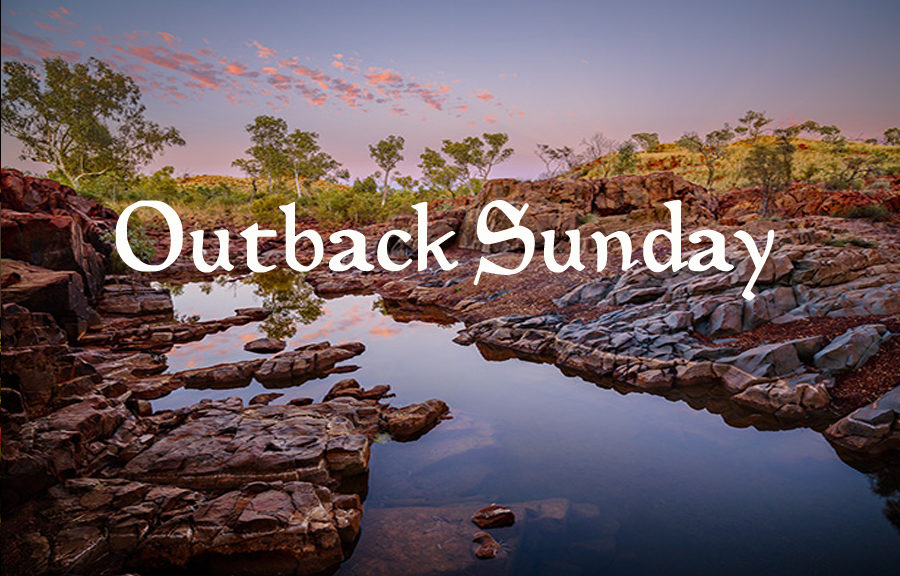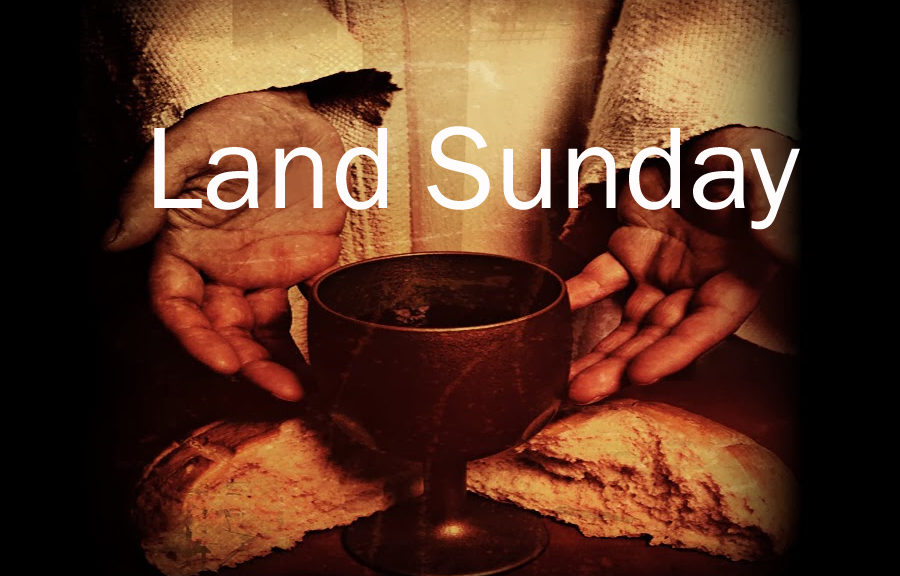Pentecost + 23 A 12-11-2017 Josh 24 1-3a, 14-25 Ps 78 1-7 I Thess 4 9-18 Mt 25 1-13
We’re racing towards Advent – the season of waiting.
Now you can view the time you spend waiting in two ways – as time you need to kill, or as a chance to keep getting ready for whatever it is you’re waiting for.
Which one you choose depends a lot on what stage of life you’re at.
Someone who’s dying won’t want to miss a second. They see all too clearly how much time is needed to get a life in order.
The closest younger people get to this is right now – exam time. Suddenly, we see why we were given a whole year to learn all this. Because it just won’t fit into a week.
Today’s parable is part of Jesus’s final teaching in the Gospel of Matthew. So these are some of the last words of a man who knows his death is very near. There’s an urgency about him. With this last-minute urgency, Jesus tells us things we’ll need to know when he’s gone.
Never imagine that you can build a strong character in a minute; never imagine there’s a shop open where you can buy character to go – ready cooked; never imagine it’s something you can borrow from someone else.
Character is like faith; something you make your habit – a choice you make for honesty or kindness over and over again – a choice to trust; a choice to believe. You’ll need it for the long haul, so that when the time comes, you’ve got a supply that you’d stake your life on. Jesus wants us to feel the sudden sense of urgency of those young women in the parable; are we prepared? Are we ready to respond when the call to action comes?
The time of reckoning may have been in our sights all along, but if we’ve been living for the moment, and not staying awake to the big picture, we’ll be caught out. Like those five foolish bridesmaids, if we aren’t there at the finish line, then all the good we might have done is useless. Does that sound unfair? Maybe; but lots of things these days tell us it’s all too true.
What’s the effect of the too-little-too-late way that so much of our world’s public and private-sector life is conducted? Ignore something vital long enough and it will surely lead to tragedy. And that tragedy will utterly discredit those who could have prevented it if only they’d been prepared. Jesus tells us – the Church – be different!
But to stay forever prepared when no-one has any idea when the moment of truth will come coming – is that fair? In this parable, is the delay an unfair burden? Or is it our community’s habit of living for the here and now – is that the problem that Jesus challenges here?
I don’t think the delay’s the problem – our tradition tells us now that waiting time is a gift. God has given us the gift of enough time to be ready; ready to welcome the one who will come for us. So the delay is a gift; a gift of time. If we squander this gift of time, what could we possibly want with eternity? That’s what the parable asks us.
If God’s people have kept the story alive amongst ourselves – if God’s people have lived the story in a way that our children learn it from us – then whenever the summons comes, we’ll all be ready, from the oldest to the youngest. We’re talking about a community which can learn from its past, and prepare for its future. If the Church learns and teaches what God is like, and can know what God calls us and enables us to become, then we will be ready. We will be prepared to respond to God’s call when he comes to take us to himself.
We’re considering this message on the weekend of Armistice Day – Remembrance Day. It’s an ambiguous day for many people.
The silent thanksgiving for the guns falling silent in November 1918 is muted by our grief for the hell that preceded it.
Today, when people we know are still being taken off to war, the minute’s silence for many may well be a hollow, confusing one. What we can do in the face of it. We feel so helpless. Our world is being re-shaped, but into what?! Where to now? What are God’s people meant to do?
Over the past few weeks, we’ve been with Jesus as he’s been in conflict with the religious authorities in Jerusalem. Today, we’ve jumped ahead in the Gospel. We’ve missed the rest of chapter 23 where he has condemned those leaders for their wilful blindness, and chapter 24 where he’s taken his friends to the Mount of Olives to teach them about the end times – about the final judgement.
We’ve arrived at this parable of the wise and foolish bridesmaids in the wake of these things. The first people to hear this parable were living in a time of dubious leadership and fear of the world’s end. This seems strangely appropriate on the day after Armistice Day – the end of the war that it was hoped would end all wars.
Jesus reminds us today that no matter how desperate things might seem, God’s priorities don’t fall away. It’s our duty to know what those priorities are – love, hope, peace, thankfulness, joy, truthfulness – remember, remember, remember – remember God’s priorities and live them out now. For in living out these values, we grow within and amongst and around ourselves the true humanity that Jesus summons from deep within us. It’s in embodying these values that, by God’s Grace, we drive out despair and the fruit of despair – hatred, fear, envy and most poisonous of all, an exhausted apathy.
The resurrection of Jesus calls us from despair’s power and holds us in an embrace of purpose, certainty and worth.
In the language of today’s parable, build a community
that’s always ready to respond to God
that always gives light
that offers trust and can be trusted
that prepares others in hope as well
Let’s hold on to that hope.
Let it build and shape our character.
Let’s pass it on to our children and grandchildren.
Let’s hold its light up to guide others to the place where, with us, we will all be able to see the bridegroom when he comes to claim us as his own.




